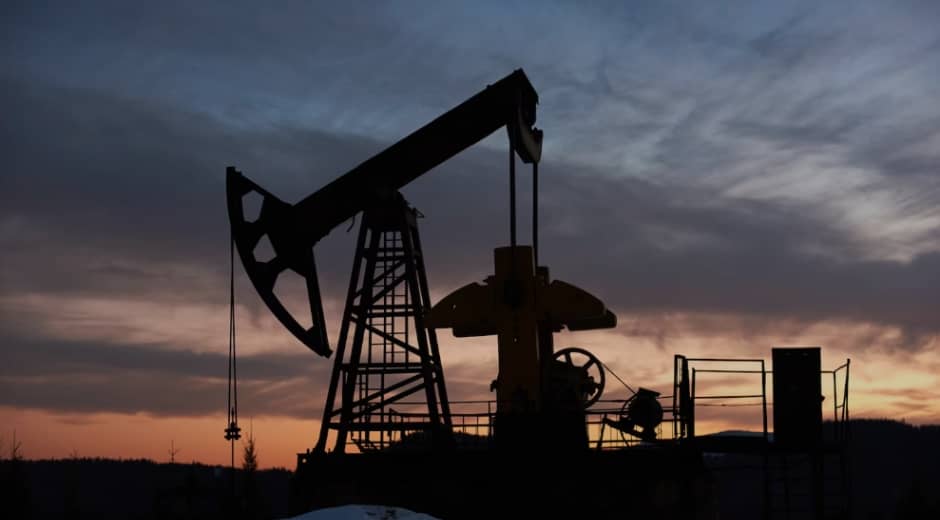The Powerful Rise of Oil: Why Crude Oil Remains a Critical Global Commodity
Oil has been a driving force behind industrialization, economic growth, and global geopolitics for over a century. As one of the most valuable natural resources on the planet, crude oil fuels transportation, powers industries, and influences the financial markets. Despite increasing interest in renewable energy, oil remains an essential and powerful commodity that shapes the world economy. In this article, we explore the history, significance, and future prospects of oil in today’s dynamic energy landscape.
1. A Brief History of Oil and Its Global Importance
The story of oil began in the mid-19th century with the drilling of the first commercial oil wells. Since then, oil has transformed from a niche product into a cornerstone of modern civilization. The discovery of vast reserves and advances in extraction technology spurred rapid industrial growth worldwide. Today, oil accounts for nearly one-third of global energy consumption and underpins the transportation and manufacturing sectors. Its importance is reflected in the prominence of oil-producing countries and multinational corporations in global affairs.
2. The Economics of Oil: Supply, Demand, and Price Volatility
The oil market is highly sensitive to fluctuations in supply and demand, which can cause dramatic price swings. Factors such as geopolitical tensions, production cuts by OPEC, technological breakthroughs in shale extraction, and shifts in global consumption patterns influence oil prices daily. These price movements have far-reaching consequences, impacting everything from gas prices to inflation rates worldwide. Understanding these dynamics is essential for investors, policymakers, and consumers alike. For deeper analysis, visit Forbes.
3. The Role of Oil in Geopolitics and Global Power
Oil is not just a commodity; it’s a strategic asset that shapes international relations. Control over oil reserves and transportation routes often translates into geopolitical influence. Conflicts in the Middle East, sanctions on oil-producing countries, and alliances formed around energy resources demonstrate oil’s critical role in global power dynamics. Countries heavily dependent on oil exports have significant sway in economic forums, and their policies can influence worldwide markets. Learn more about energy geopolitics at CNBC.
4. Oil Production and Major Players
The world’s top oil producers include the United States, Saudi Arabia, Russia, and Canada. Each country contributes uniquely to global supply through conventional drilling, offshore extraction, or shale oil production. Organizations like OPEC play a crucial role in coordinating production to stabilize prices. Technological innovations and environmental regulations also impact production levels and operational efficiency. The interplay among these producers shapes the market and investment opportunities.
5. Environmental Concerns and the Energy Transition
Oil extraction and consumption are major contributors to greenhouse gas emissions, raising environmental and climate change concerns worldwide. This has sparked a global push towards renewable energy sources such as solar, wind, and biofuels. However, despite rapid growth in clean energy, oil remains indispensable, especially in transportation and heavy industries. The energy transition is expected to be gradual, with oil companies increasingly investing in cleaner technologies and carbon offset projects. Stay updated on environmental impacts at Bloomberg.
6. Oil in Investment Portfolios: Opportunities and Risks
Oil is a popular asset for investors seeking exposure to commodities and energy markets. Investing in oil can be done through futures contracts, ETFs, or stocks of oil companies. While the sector offers opportunities for strong returns during price surges, it also carries risks from price volatility, geopolitical events, and regulatory changes. Diversification and research are key to managing these risks effectively. For more on commodity investing, see our Commodity Investing Guide.
7. Technological Innovations Impacting Oil Production
Recent advances such as hydraulic fracturing, deepwater drilling, and enhanced oil recovery techniques have expanded accessible reserves and improved production efficiency. These innovations have helped meet global demand and lowered production costs. Meanwhile, digital technologies like AI and IoT optimize operations and maintenance. The continued integration of technology is expected to make oil production more sustainable and profitable in the future.
8. The Future of Oil: Challenges and Outlook
The future of oil faces uncertainties amid the global energy transition, regulatory pressures, and evolving consumer behaviors. However, oil is projected to remain a vital energy source for decades, especially in emerging markets and sectors like aviation and shipping where alternatives are limited. Companies and governments must balance economic growth with environmental responsibilities to ensure a stable and sustainable energy future. Staying informed and adaptable is essential in this evolving landscape.
9. Oil’s Impact on Everyday Life
Beyond fueling cars and planes, oil derivatives are found in countless products including plastics, pharmaceuticals, cosmetics, and even food packaging. This extensive use underscores oil’s integration into modern life and the complexity of transitioning away from it. Recognizing this broad impact helps explain why oil remains a powerful commodity globally.
10. Conclusion: The Powerful Legacy and Continuing Importance of Oil
Oil has been and continues to be a cornerstone of the global economy. Its unique role as a source of energy, a driver of geopolitics, and an investment vehicle ensures it remains critical despite challenges from alternative energies. Understanding the powerful rise and sustained importance of oil is essential for anyone interested in global markets, energy policies, or environmental issues. Stay informed, explore opportunities, and prepare for the evolving energy future.
Education Made Simple

Recession Signals Investors Should Never Ignore
Recession Signals Investors Should Never Ignore

What Stock Rotation Tells Us About the Next Bull Run
What Stock Rotation Tells Us About the Next Bull Run

How Market Cycles Shape Smart Investment Decisions
How Market Cycles Shape Smart Investment Decisions

Long Term Market Forces Driving Global Finance
Long Term Market Forces Driving Global Finance












